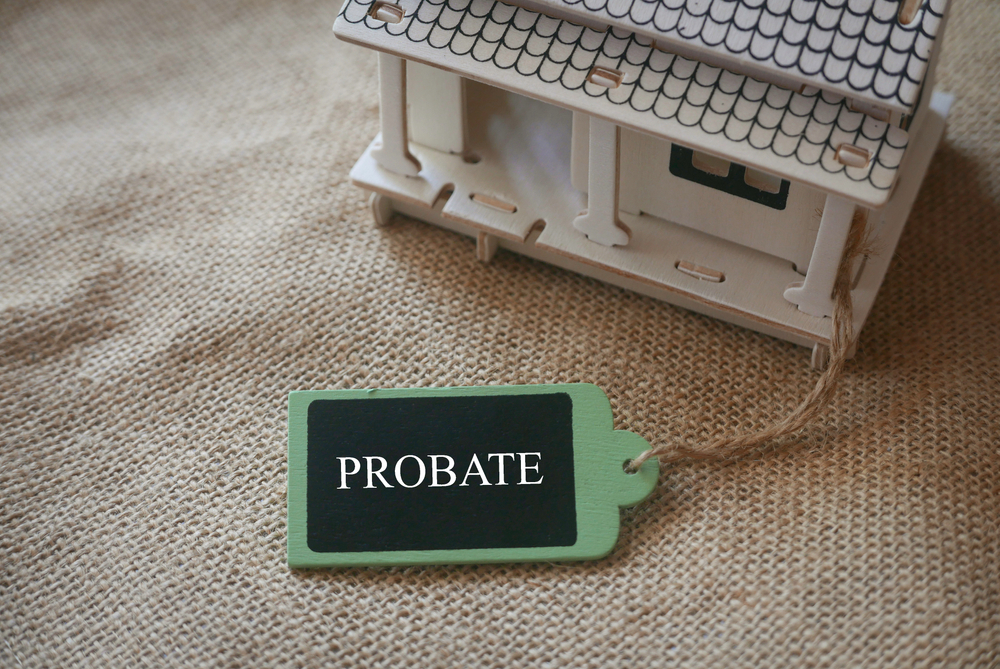
How Can I Keep My House from Going Into to Probate After I Die?

Estate planning allows you to create a legal plan that will dictate what happens to your assets and liabilities in the event of your death. The one thing that’s predictable about life is that it doesn’t last forever. There will come a time when having your affairs already sorted out will save time, stress, and additional heartache for your surviving loved ones. One of the most valuable assets people possess is often their home. If you own your home, you could take specific steps to ensure that ownership of your home is passed to your heirs, and hopefully avoid the complicated probate process.
What Is Probate?
If your affairs aren’t in order, your estate or any property and assets you’ve earned will be probated. Probate is the legal process by which a determination is made as to how a deceased person’s property is distributed and to whom. Probate takes place in probate court. If your affairs aren’t in order, your estate or any property and assets you’ve earned will be probated. If you have a will, your estate will also go into probate.
How to Protect Your Home
There are a few steps you can take in estate planning to protect your home from going into probate.
Joint Ownership
If you purchase a home with your spouse, your spouse may also be on the deed and thus is a co-owner of the home. When either of you passes away, ownership of the house may automatically be transferred to the surviving spouse. Even if you aren’t married, if you and someone else are joint-owners or joint tenants of the home, ownership is transferred to the surviving owner or tenant when one of you dies.
If the transfer of ownership of the house isn’t done automatically, you may be able to designate your spouse or someone else as the beneficiary of your home or grant them rights of survivorship. Rights of survivorship give ownership rights to the person you designate when you die. To have ownership of the home transferred to your spouse or a joint tenant, you’ll need to write an agreement for Right of Survivorship in Community Property or Joint Tenant with Right of Survivorship, respectively.
Place the Home in a Trust
When you create a living trust, your property, including your home, can be entered into the trust to be managed by a trustee. The reason it’s called a living trust is that the trust is active even while you’re alive. You would simply be the trustee of the trust. This means you are still the owner of the property contained therein for as long as you are living. After you die, the person who you designate to then be the trustee will distribute your property to the people that you designate to be beneficiaries of your property.
There are two types of trusts: irrevocable trusts and revocable trusts. The only difference between the two is that changes can’t be made to an irrevocable trust, while changes can be made to a revocable trust.
Why You Shouldn’t Place Your Home in a Will
You may be wondering if you could protect your home from probate by placing it in your will. If your goal is to prevent your house from going into probate, this is the exact wrong move to make. All wills have to be probated.
Contact Hargrave Law, PC for Help
The Bedford estate planning attorneys at Hargrave Law, PC, have extensive experience with probate law and helping Texans ensure that their property is passed to their heirs in the way they intend. We can advise you of the best ways to protect your property and assets and make sure that you devise a strong will or trust that preserves your intentions and protects those you love.
For help with your estate planning, call us today at 817-282-0679 or contact us online.





